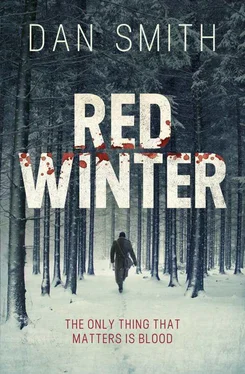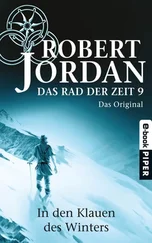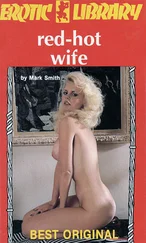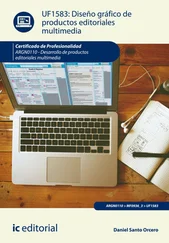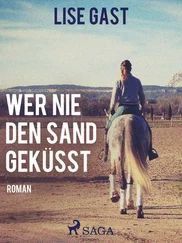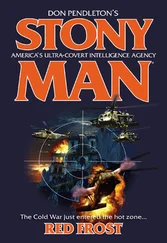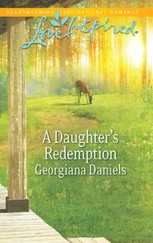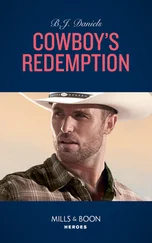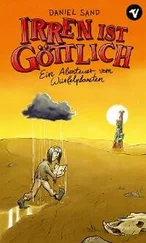‘So they’re good friends?’
‘Definitely. They look after each other too. Misha always lets Pavel have the last piece of fruit or the last pinch of sugar, and Pavel lets his brother have the best side of the bed. Misha even tried to carve a wooden horse for his brother once, like the ones my papa used to carve for me.’ I smiled at the memory of it. ‘Wasn’t so good, though,’ I laughed. ‘Marianna and I thought it looked more like a goat.’
Anna smiled and waited for me to go on.
‘They’re not perfect, though,’ I said ‘Boys are boys. They argue sometimes, just like all brothers do. Like I did with mine. They answer back too. You know, when they were younger, my wife used to clip them on the backside with a wooden spoon when they talked back.’
‘Didn’t it hurt?’
‘Probably,’ I laughed again, remembering how cross she would get if they dirtied the house or took food without asking. ‘But not too much. As they got older, though, they were too quick for her. Misha is like a wolf, the way he slips away from her. One time she chased him out into the road. It was autumn and the mud was thick and she slipped, right in front of the whole village. She was so mad… but when everyone laughed, there wasn’t anything she could do but laugh herself.’
‘Will she hit me with a wooden spoon?’
‘Of course not.’ I nudged her. ‘The spoon is only for the boys.’
It was good to think about home as a place filled with warmth and sound and life rather than the empty village I had left behind. I smiled to myself, enjoying the unexpected moment. The thoughts came to me in the way that a patch of cloud might clear on a dull day and let the sun shine through and I allowed myself to bask in them for a while as we continued along the road.
With Anna’s next words, though, the clouds reformed and closed around the gap.
‘There’s another farm.’
I scoped it with the binoculars, but it was in ruins like the last settlement. Just two deserted buildings burned to almost nothing, standing beside a single chestnut tree that had grown to lean away from the wind. In the lenses I saw the bodies hanging from the tree, twisting in the wind.
Anna was afraid to be left alone, but I didn’t want to take either her or Kashtan any closer, so we stopped a hundred metres from it and I dismounted to investigate on my own.
When I returned, I had seen more flayed hands, more branded stars, and I mounted without a word, taking Kashtan off the road and steering well clear of the farm before we came back to the road.
We were still on the right track. Koschei had been here.
Kashtan moved on at a steady pace for another hour, and apart from the occasional fresh, clear print in the frozen mud, we had the road to ourselves. Anna and I hardly said a word to one another – both of us were consumed by our own thoughts – and we travelled in silence but for the thump of Kashtan’s hooves, the regular rhythm of her breath and the creak and clink of tack.
There was almost no distinction in the landscape of this part of the steppe. The road ahead and behind were the same. The land to either side of us was untouched grass with the occasional field in the distance to east or west, but nothing distinct, and for a long time, the horizon remained unchanged. We saw one other farm, at least a kilometre east of the track, and with the lenses, I watched a single farmer working in the field.
‘Are you going to go closer?’ There was tension in Anna’s voice.
‘No.’ I was convinced I was heading in the right direction and was sure I would learn more when we reached Dolinsk, so we continued until we reached the top of a rise that looked down at the steppe before us. From here, there was an unbroken sea of frost, with only a hint of forest on the horizon. The road snaked away to our right, cutting down the slope and disappearing in the whitened grass.
‘Is that where we’re going?’ Anna asked.
‘Dolinsk,’ I said.
In the middle distance, perhaps eight or ten kilometres away, the town settled in the bowl of the shallow valley. Larger than Belev, Dolinsk had grown in a different way. In the centre of the town stood the traditional izbas , but they were surrounded by other buildings built from stone and, at the far edge, the blue dome of a modest church.
Remaining in the saddle, I pulled the heavy binoculars from my saddlebag and scanned the steppe beyond. In the magnification, I spotted two dark smudges on the road, moving away from me, directly towards Dolinsk.
‘That’s them,’ I said under my breath.
‘Who?’
‘The people I told you about – Tanya and Lyudmila.’
‘Can I see?’
I put the strap over her neck and let her take the binoculars.
‘How can you tell it’s them? It just looks like dots to me. Or lines.’
‘It’s them,’ I said. ‘I’m sure of it.’
‘What if you’re wrong, though? What if it’s someone else? Koschei…’
‘If it was him, there would be more of them. No, I’m sure it’s Tanya.’ It had to be them.
‘What’s she like?’ Anna asked.
‘Who?’
‘Tanya.’
‘I don’t really know.’ I took the binoculars and watched the two figures for a while, seeing their steady progress, then swung them across to study the steppe on either side of them. Over to the right, there was a shine in the grass and thistles; a trail of bent and broken stems suggesting a larger number of horses had passed either up or down the rise, but without being close enough to see which way the stalks were lying, it was impossible to know which. I wondered if it could be the remnants of Koschei’s progress, or something else, but it had been at least a few days ago, judging by the way the grass had started to spring back.
‘Do they know where Koschei is?’ She couldn’t speak his name without a slight tremble in her voice.
‘I don’t know. Maybe.’
‘So are we going after them?’
‘Not yet.’ I rummaged in one of the saddlebags behind me, taking out a piece of salo I’d found in Belev. The thin layer of fat coating the smoked ham had started to yellow and it didn’t smell fresh. It would be better than a lot of the things I’d eaten on my journey to Belev, but it would be nothing compared to the meal I had eaten with Lev and Anna. I cut a corner from it and handed it to Anna. ‘You haven’t eaten since… Take it. You need to keep well.’
She looked at it, shaking her head, but took it between finger and thumb as if it might be dangerous.
‘Eat.’
She nibbled the tiniest piece and chewed it slowly. I smiled at her and took another bite as I glanced back at the horizon behind us. We had been lucky so far, but I didn’t know how long it would last. The men following me were well trained, battle-hardened and driven. They would push on as much as they could, and I found myself touching the chotki once more, hoping, praying that our tricks to cover our progress had worked.
Kashtan moved off the road as we ate, finding a patch of good grass and lowering her head to graze. The movement tugged the reins, pulling at my arm, but she had done enough to earn it. She had worked hard and the least I could do was allow her to eat. It would keep up her strength.
‘Tuzik’s coming,’ Anna said.
He was trotting along the road, nose to the ground, swerving from side to side as he took the multitude of scents from the dirt.
‘He must like us.’
‘Maybe,’ I said, taking a sip from my canteen. The water was icy cold and washed away the greasy taste of the salo , but it made me think of the woman in the barrel.
‘Why else would he follow us?’
I gave the canteen to her, glad she hadn’t seen that horrible whiteness beneath the water. ‘Maybe he doesn’t have anywhere else to go.’
Читать дальше
